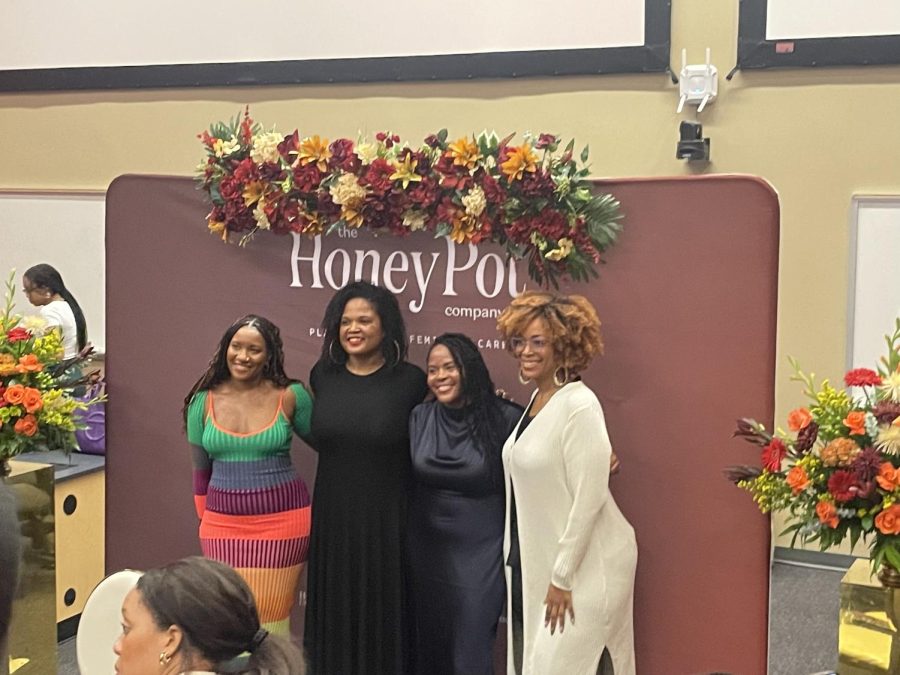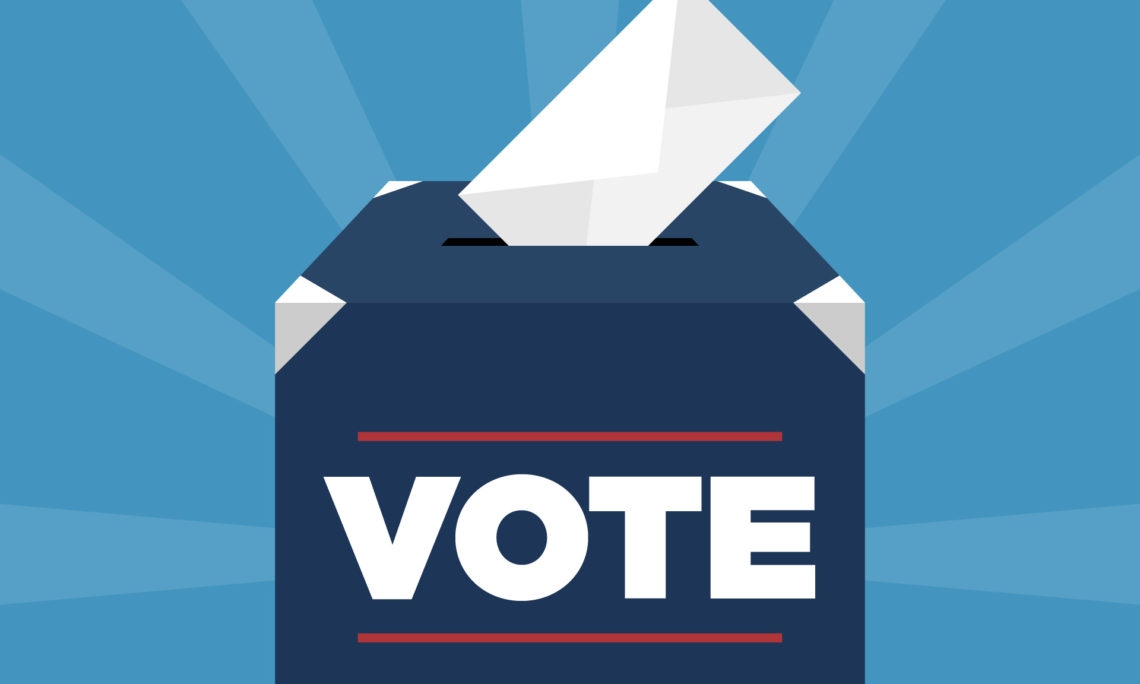The Honey Pot Company founder and CEO Bea Dixon led a panel discussion at N.C A&T on how Black women can navigate self-care, the healthcare industry, and advocating for themselves.
The Honey Pot Company is a Black-owned plant-derived feminine care product line founded in 2014. The company partnered with Target and Impressions of Beauty to conduct this panel at selected HBCUs during Black History Month.
Dixon begins the conversation of Reclaiming Wellness by informing students of the importance of prioritizing their health.
“Wellness is wealth,” Dixon said. “A lot of times, we think about wealth as money. But what is money good for if you’re not well and can’t use it.”
Danielle Prescod, journalist and author of Token Black Girl, moderated the conversation. She discussed the adversity Black women face in medical spaces.
“There is so much medical bias that prevents Black women from being properly diagnosed,” Prescod said.
Pregnancy-related mortality rates for Black women are two to three times higher than for white women. This is a topic heavily discussed in the Black medical community.
Prescod then shared her experiences of struggling with an eating disorder and the issues with healthcare providers not taking the time to evaluate Black women’s health concerns.
Anim Aweh, social worker and health educator, explained firsthand that we have to be careful as Black women in health.
“As Black women, we have to take extra precautions when we go into the healthcare field because it was not designed for us,” Aweh added.
Black women are disproportionately misdiagnosed and mistreated by healthcare providers. Feminita Jones, author and community activist, pointed out that the issue has always been due to racism within the healthcare field.
“We were never intended to be treated, only used,” Jones said.
As college students are in a developmental stage of their life, Dixon wanted to inform students about creating safe spaces and setting boundaries for themselves.
“We have to think about how we make people feel safe in these spaces where people are supposed to feel at home. I advise you to make a list of spaces where you feel safe,” Jones said.
Jones then explains that boundaries are not rules but a way to teach people how to engage with you and what lines not to cross.
“We have to be honest with ourselves about where we stand in people’s lives,” Aweh added. “The sooner you learn it, the better off you might be.”
The conversation also touched on the topic of living in a capitalist society. Aweh described this societal problem as “hustle culture.”
“When did we decide we needed to work our feet and mind to the bones,” Dixon asked. “I think it’s such an interesting concept. I think it’s an American thing.”
Recent studies show that Americans work 400 more hours than other developed countries. Many countries are even developing four-day work weeks to improve work-life balance.
“Getting money is at the forefront of most people’s brains. But you have to think about what you are willing to sacrifice,” Jones said. “Are you willing to sacrifice your mental health, spiritual health, and are you willing to compromise on your morality and your values?”
To conclude the panel discussion, students asked the panelists questions. Topics of discussion include investing in alternative therapies, dealing with grief, laziness versus resting, and what self-care may look like for different people.
Attending students not only left with free feminine wipes and panty liners from the Honey Pot Co. but with new insight on improving their personal wellness and self-care.







